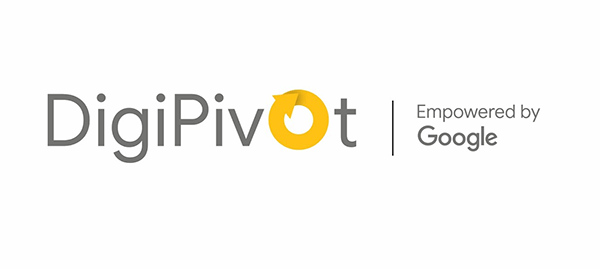Climbing the Ladder to Creating the Ladder: The Evolution of Work
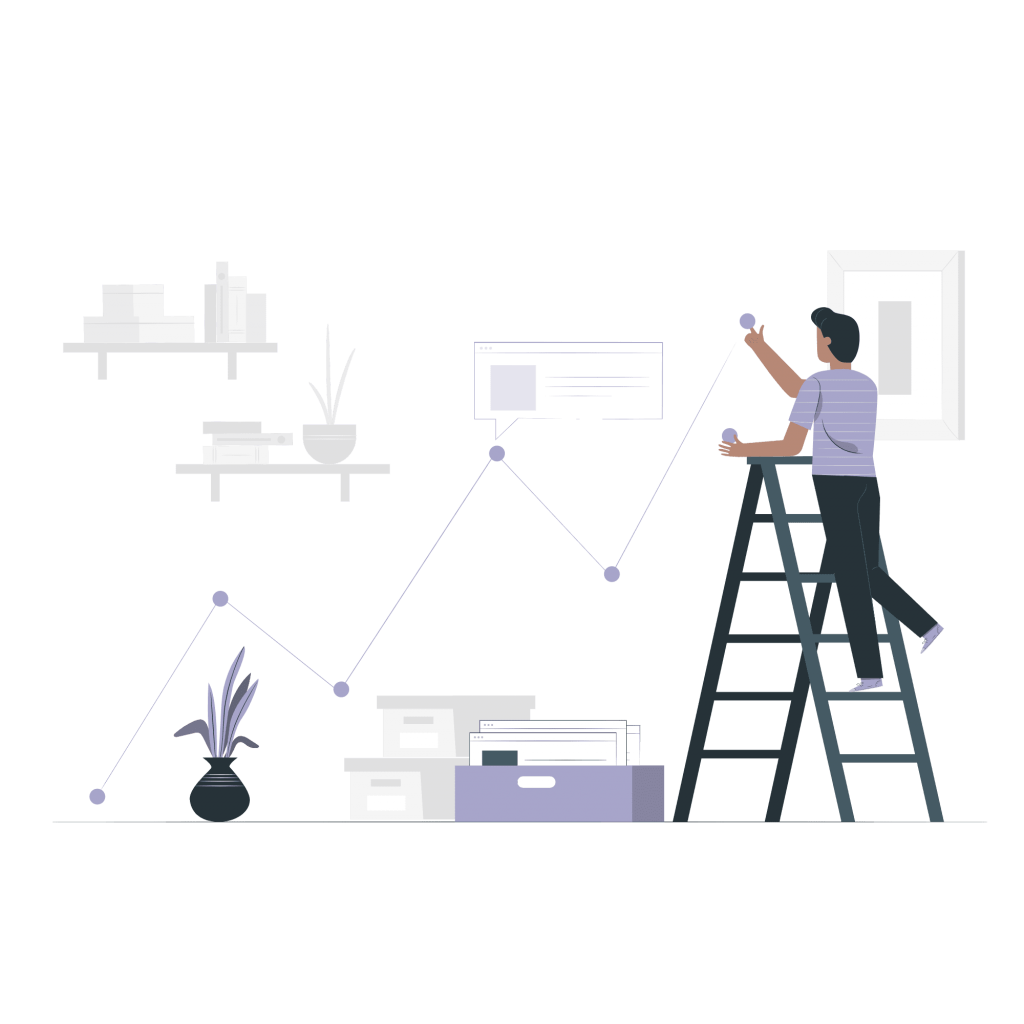
Our parents’ generation prided themselves in their company loyalty. They were happy to spend 20 years in the same organization and were fuelled by the recognition they received for their dependability.
We often find them looking at the current generation bemused, wondering what on earth would inspire us to switch companies every 2 years. You’d often find them shaking their heads and muttering, “loyalty is dead!”
Loyalty is dead. Along with several other behaviours that moulded the previous generation workforce. However, these were necessary demises to accommodate the immense development we’ve seen in the last 15 years in the professional space.
The disruptions caused by technology and social media has thrown us into a world of gig workers and the ‘start-up culture’, and our work environment has had to evolve to keep up.
The current generation, primarily comprising millennial workers, have shifted their loyalty to professional development and efficiency, creating waves in the professional ecosystem.
Hierarchies to ‘Flat’ Organisations
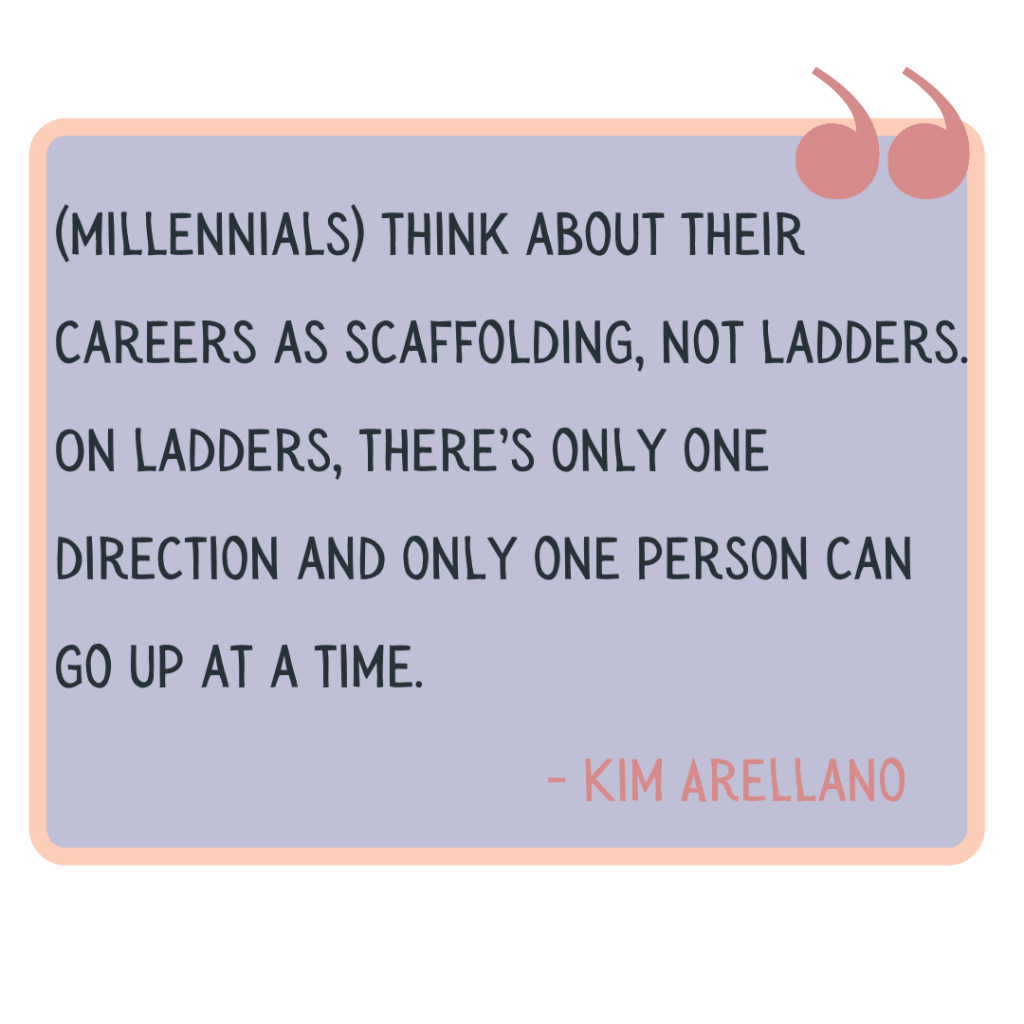
A quote from Kim Arellano describes it best, “(millennials) think about their careers as scaffolding, not ladders. On ladders, there’s only one direction and only one person can go up at a time.”
We’re an impatient generation that thrives on instant gratification. ‘Vertical growth in hierarchy’ has been replaced by ‘horizontal growth’ that allows the employees to take ownership of their work quickly.
A flat organization, as opposed to its hierarchical counterpart (with multiple layers of management), is more approachable and enables responsibility and accountability.
For a generation that thrives on collaborative work, a short chain of command and an increased span of control has become the norm.
Permanent Employment to Gig Workers’ Economy

Short-term commitments and project-based work allow individuals to explore multiple work options, flexibility to set their work hours, and the opportunity to earn a lot more than they would in a traditional work set-up.
The Uber driver that drives you to work every day, the Zomato executive you frequently engage (despite your constant resolutions to cutback), the web designer that helped you create your company website, and the recruiter that helped you find your employees are all a part of the expansive world of gig workers.
The economic crunch brought about by the pandemic has also made it financially wise for companies to outsource their work to freelancers and consultants, and save on employee benefits.
However, success in gig work only comes with immense discipline, constant learning, and taking responsibility for your professional growth and development.
Static jobs to Emerging Careers

Social media managers, sustainability managers, candid photographers, digital marketing professionals, social media influencers. These career opportunities didn’t exist 15 years back but are now considered financially viable career paths.
Technological disruptions are allowing for the growth of careers that would’ve been laughed out of the room as a whim a decade ago. We are blessed to be alive in an era where you have the option to monetize your passion.
Of course, the growth in opportunities has also increased competition. Young professionals need to constantly be on their toes, learn, and grow to survive.
Retirement to Second Innings
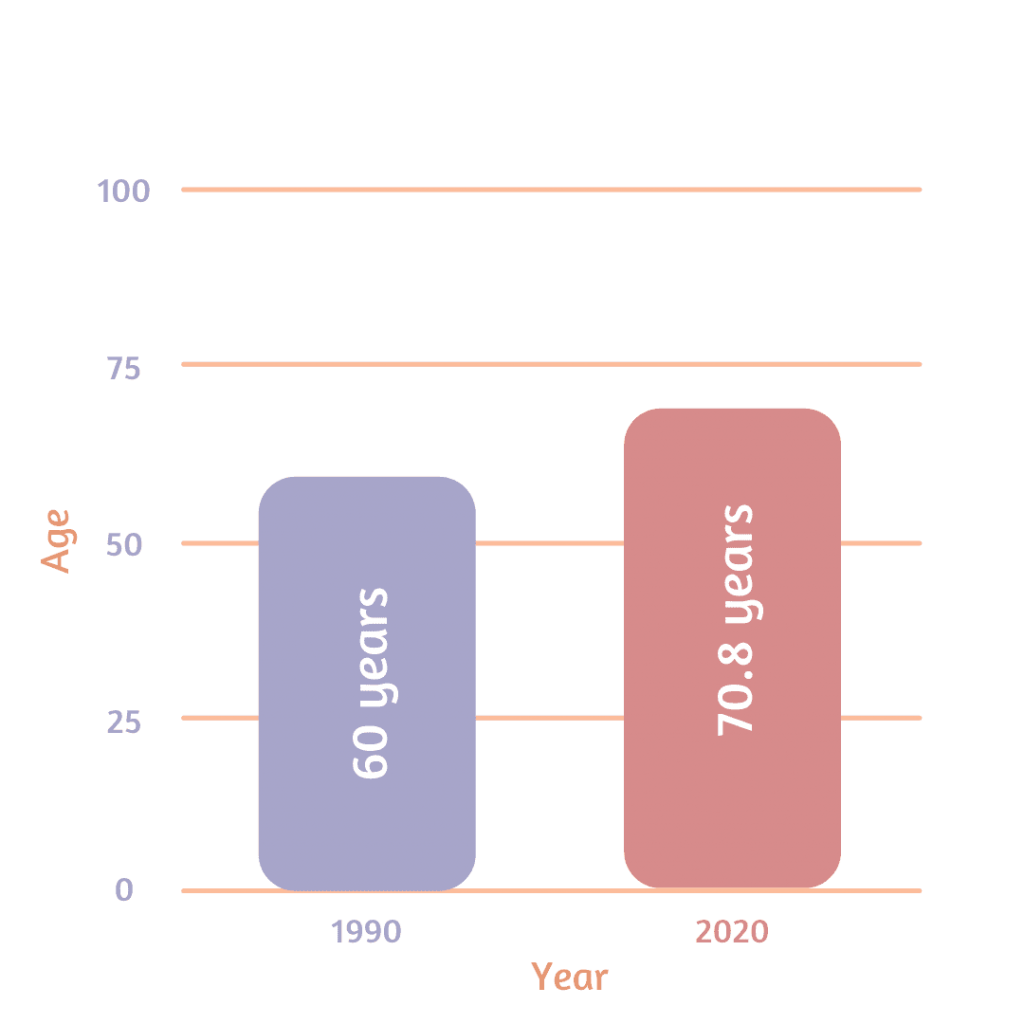
You hear these stories every day – 88-year-old retired technocrat being inducted into a political party; 61-year-old retired banker joining the legal profession; 62-year-old finance professional becoming a mountaineer and adventurer.
According to a recent study published in the Lancet, India has gained 10 years in its life expectancy over the past 3 decades, bringing the average up to 70.8 years. You can retire at 60, and spend the next 10, 20, or even 30 years in the post-retirement stage. This could take a toll on some, both financially and health-wise.
It’s no wonder that 25% of the Indian population are rejecting retirement and looking to explore new careers as their second, third or even fourth innings!
Financial independence aside, most people look to explore a second career after retirement as a way to stay sharp and healthy. Whether they do this by jumping into brand new career spaces or consulting and freelancing in known territories, the concept of second innings has gained immense popularity in the last few decades.
A gold watch and a loyalty plaque at the end of a 40-year service doesn’t cut it anymore. The current generation is looking to grow quickly and continuously, and place immense value in professional development opportunities.
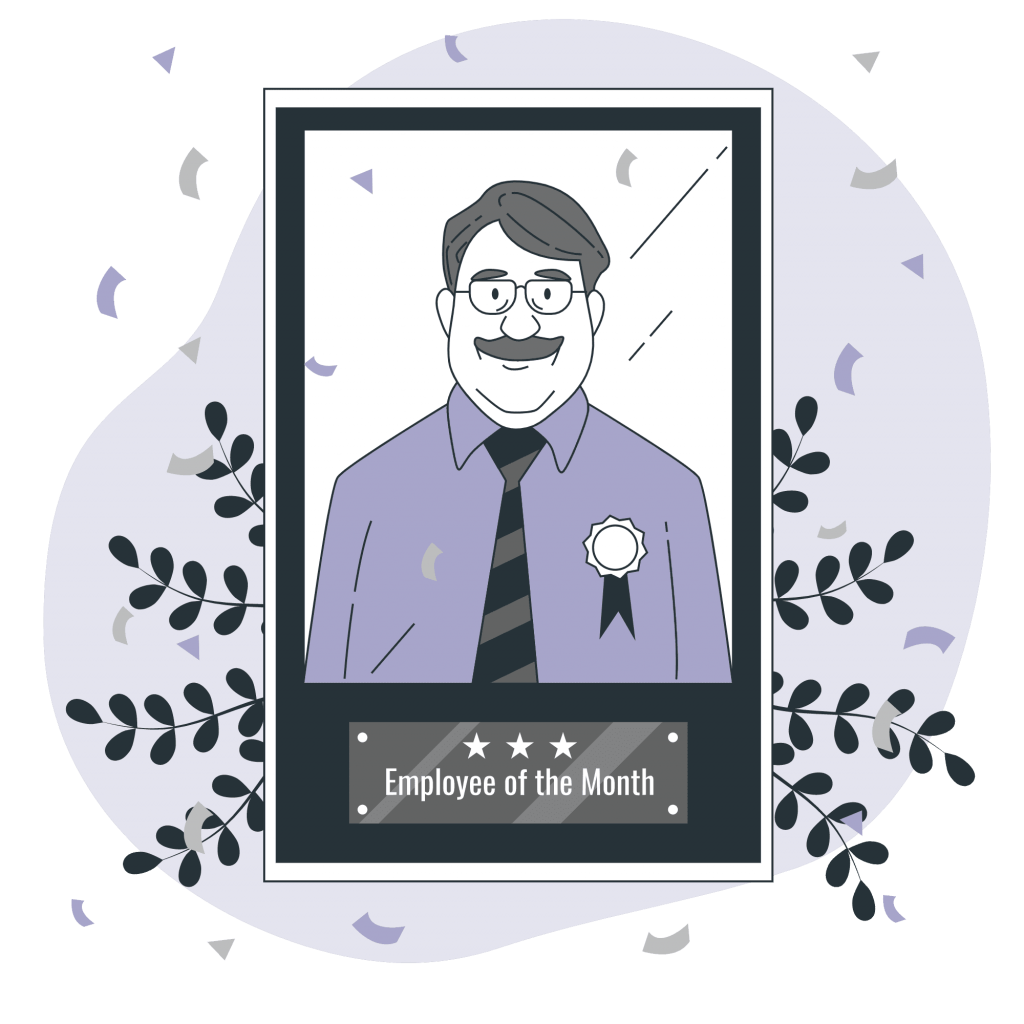
There are so many ways in which the work culture is evolving, and the one common thread that stitches them all together is the requirement of continuing professional development.
However, given the new-age trends of gig work and off-beat career paths, you can’t always rely on your organization for your professional growth, and the current generation knows this. A generation that appreciates the value of investing in themselves, they are more than happy to take the independent onus of their continuous professional development.
Incidentally, some of the ways for them to ensure continuous professional development is by:
- Forming connections: We work in a hyper collaborative environment, which requires you to know the right people in the right place. Attending conferences, using dedicated platforms like LinkedIn, and continuously growing your network has become the norm.
- Serial upskilling: Considering the extremely competitive world we live in and the constant technological breakthroughs, it is important for professionals to continuously bridge skill gaps and be on top of their game. Thankfully, the concept of e-learning has made this easier than ever.
- Periodic goal review: The current workforce is big on knowing exactly what’s in store for them in the future, and having complete career clarity. Your goals may change as you grow, and it is important to have clarity on what they are to map your next steps accordingly.
- Seeking guidance: whether this person is from your industry or outside, having an experienced individual guide you through your career decisions is always a good idea.
- Building a personal brand: To grow in your industry, you need to be known in your industry. Make yourself known as a relevant source of authority in your area of expertise.
There is a steady rise in the number of platforms that cater to general professional development, providing a buffet of development opportunities for you to choose from. But in a hyper-customized world with unique career problems, we may need to go a step further.
Platforms like OfExperiences aim to solve the question of personalization, and builds specific professional development bundles for individuals experiencing unique career concerns.
The professional world is evolving, and it’s time for us to evolve with it.
